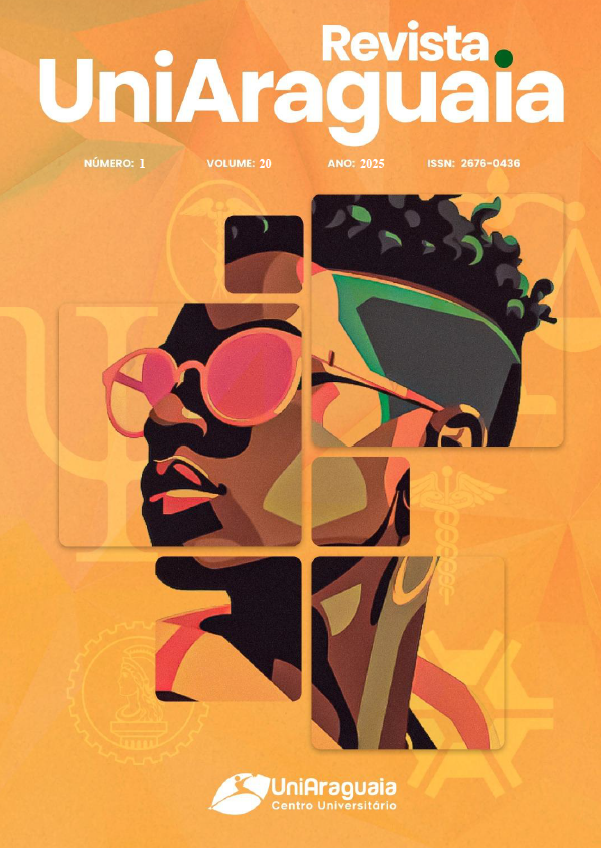OBSTETRIC VIOLENCE AND CRIMINAL LAW: THE CENTRALITY OF LEGAL ASSETS AND THE PRINCIPLE OF OFFENSIVENESS
Abstract
Obstetric violence is characterized by hostile behavior by health professionals or institutions against women during prenatal, childbirth, and postpartum care, resulting in serious physical and psychological consequences for the victims. Despite its severity, the Brazilian legal system does not provide a specific criminal classification for this type of violence, which creates legal uncertainty and lack of protection for women in labor. The objective of this study is to demonstrate the need for regulation and criminalization of obstetric violence in Brazil, based on the principle of offensiveness, considering that the protected legal right – the integrity and dignity of women – is repeatedly violated. Using the deductive method and the exploratory bibliographic technique, the work analyzes the topic from an interdisciplinary perspective between Criminal Law and Human Rights, examining legislation, doctrines, and articles. The results highlight a legislative gap and the need for criminal regulation to protect the rights of women in labor and ensure accountability for practices that violate their health and dignity.
Downloads
Published
Issue
Section
License

This work is licensed under a Creative Commons Attribution 4.0 International License.
The copyright of the published articles will be transferred to the Uniaaraguaia Magazine, allowing its subsequent reproduction as transcription and with due citation of source. In the event of acceptance and before the publication of the article, the plaintiff (s) shall write a statement formally transferring copyright to the magazine.
The author may also print and distribute copies of his article, provided that he mentions that the rights belong to the Uniaaraguaia Magazine.
Author rights include the right to reproduce in full or partly by any means, distribute this article, including figures and photographs.
By submitting originals to the Uniaaraguaia magazine, the author or authors express agreement with the following terms:
a) Authors maintain copyright and grant Uniaraguaia magazine the right of first publication, with the work simultaneously licensed under the Creative Commons Attribution license that allows the sharing of work with recognition of the authorship and initial publication in this magazine.
b) Authors are authorized to assume additional contracts separately, for non-expiration distribution of the work version published in this magazine (eg publish in institutional repository or as book chapter), with recognition of authorship and initial publication in this journal.
c) Authors are allowed and are encouraged to publish and distribute their work online (eg in institutional repositories or on their personal page) to any point before or during the editorial process, as this can generate productive changes as well as increase the impact and citation of published work.

